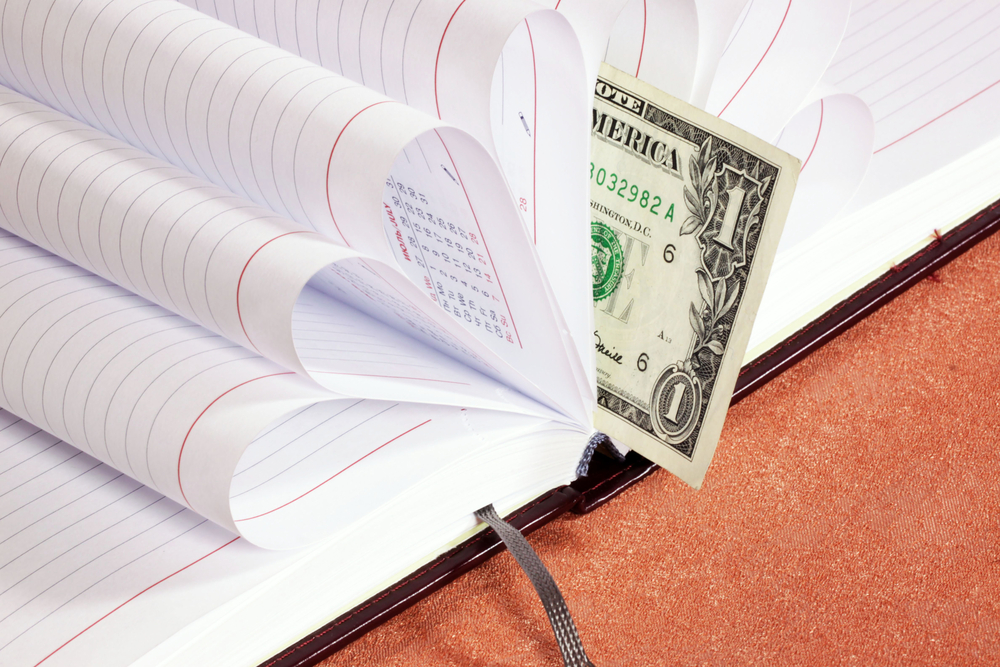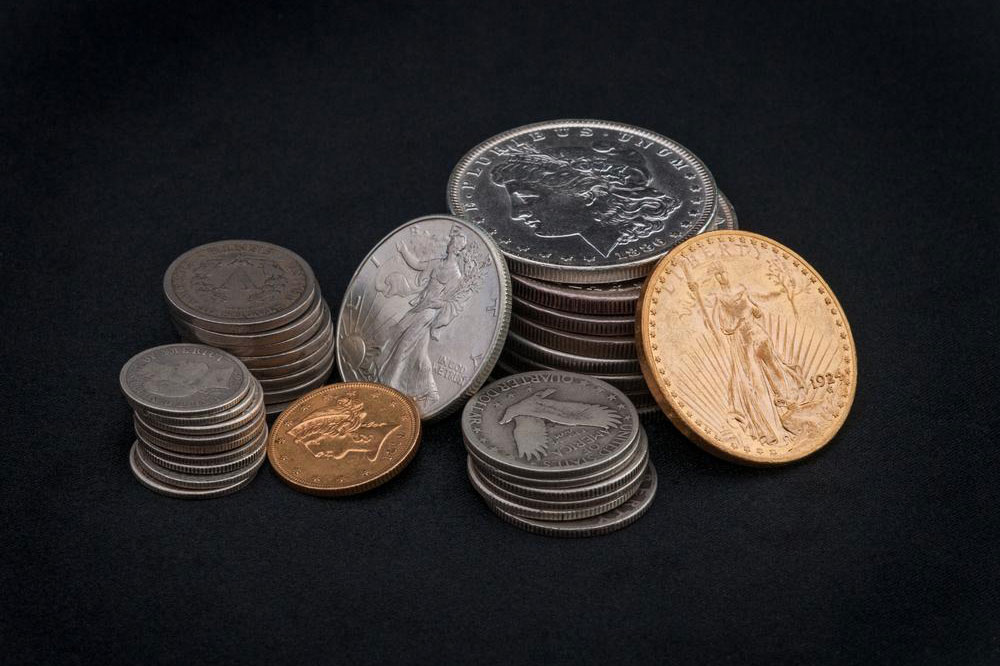7 Tips To Start Investing With Less Money
Although you may have little money, it is important to save for the bigger things in life. Unfortunately, not everyone is born with an eight-digit account balance, and therefore, it becomes a necessity to save and invest for the future.
Since it is impossible for everyone to afford a private investor who would guide them throughout the investment process, here are seven tips to start investing with less money right away.

Use the piggybank
Believe it or not, using a piggybank to save your money is the best initiative towards investment. Generally, homemakers have a tendency to save whatever little amount they are left with in a piggybank at the end of every month. You can save as little as $1 a day or as much as $20 a week in your piggy bank and since the only way to get your money is by breaking it, you would not spend it.
Invest using your smartphone
You may not be aware of this but there are many apps, which are providing free broker services to people who are ready to make investments with even a dollar. While many are providing free services, there are a few that are offering the service at a small amount just to get you started.
Diversify your investments
The moment you decide to invest in different places, you lower your risk of loss. If you were to invest all your money in only one place and that was to suffer a loss, you would be facing a huge loss.
Set long-term goals
Do not invest for short-term goals like buying the tickets to a music festival or purchasing the latest iPhone. Set bigger goals such as buying a house or car in the long run. Investments done for long-term plans are much more concrete than otherwise.
Know your risk appetite
If you are easily panicked, do not invest in high-risk investment options. However, if you can assume a little risk, you may opt for investing in stocks where the returns are high, depending on the stock market.
Keep funds for emergencies
You may save for everything and yet forget to keep an emergency fund aside. Misfortunes may happen anytime and using money from other investments and personal resources would deplete your savings. It is always suggested to have a separate investment for emergency purposes.
Save to pay off debt
Investments and savings done for paying off loans or debts that you may have taken are one of the most practical things to do. It is quite a responsible act. Save little to pay off bigger debts without facing financial constraints.
Little investments everyday pave way for a brighter and financially secure future. The joy derived from the results of these savings is bigger than the stress involved during the entire process.




